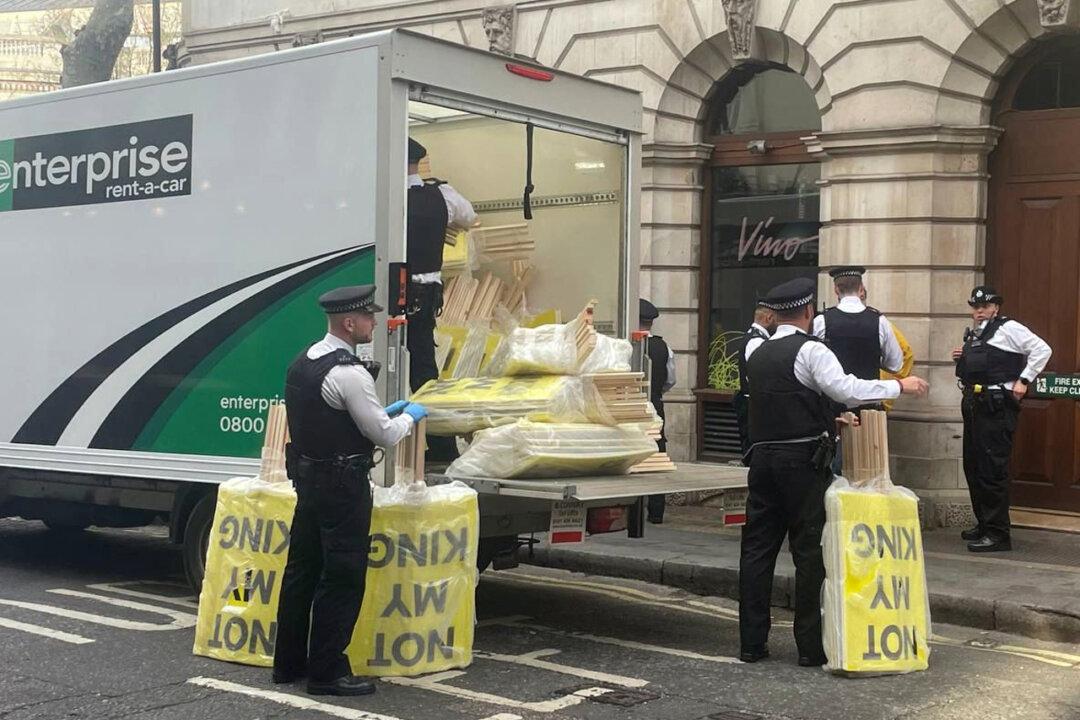A senior Metropolitan Police officer has denied they were under any political pressure to clampdown on anti-monarchist groups protesting during the coronation of King Charles III.
Six members of the campaign group Republic, including its CEO Graham Smith, were arrested in central London on the morning of the coronation and detained for 16 hours. A group of volunteers who handed out rape alarms were also detained after an apparent misunderstanding.





